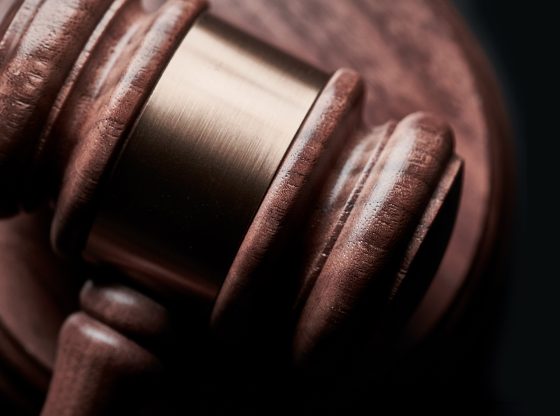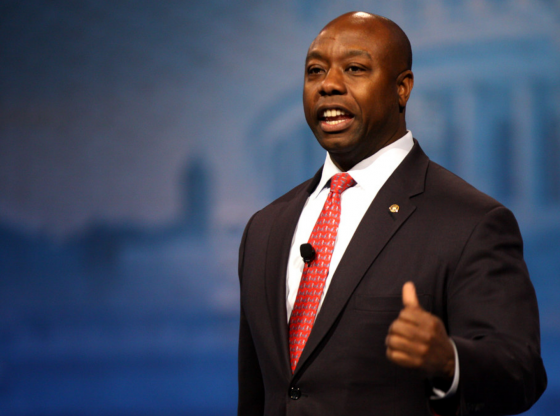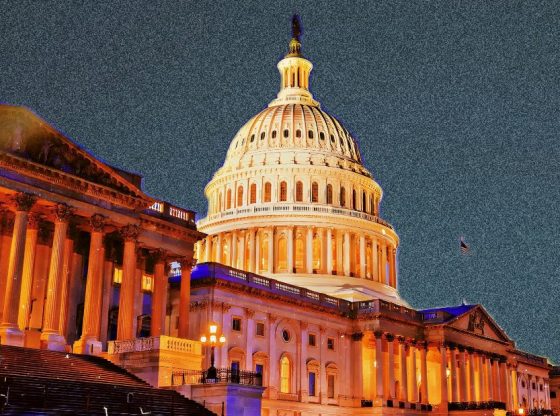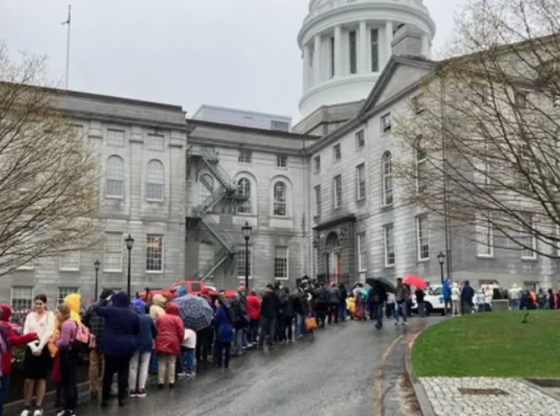Following the June 2022 decision in Dobbs v. Jackson Women’s Health Organization, which restored the rights of unborn children and allowed states to protect them, conservative judges have emphasized the importance of elected representatives in deciding the issue of abortion.
However, a recent Texas hearing on medication abortions has shown that non-SCOTUS judges still have a significant impact on access to abortion in America. It is possible that another legal battle over reproductive rights could soon land at the high court due to the ongoing dispute surrounding abortion drugs.
At the time, Justice Brett Kavanaugh stated that the issue of abortion is one for state officials to decide, rather than for judges to undertake “difficult moral and policy questions” related to when a woman is allowed to end a pregnancy:
“The controversy would now be one for state officials and that judges would no longer undertake the “difficult moral and policy questions” related to when a woman is allowed to end a pregnancy.”
Currently, a federal judge, Matthew Kacsmaryk, is considering a case brought by anti-abortion organizations and physicians seeking to undo the FDA’s approval of mifepristone, a drug used to abort a fetus. The challengers are asking for an order to withdraw approval for the drug. This case demonstrates the potential for a single federal judge, rather than an elected state legislature, to shut down access to an abortion drug and protect women seeking to end pregnancies, even in states where the procedure is still legal:
“Without an injunction, these dangerous drugs will result in physical complications, emotional trauma, and death for women.”
Conservative judges who secured the 5-4 ruling in Dobbs v. Jackson Women’s Health Organization recognize the importance of leaving the decision about abortion to elected representatives rather than the courts. The dissenting justices, in that case, warned that it would keep federal judges in “the sphere of controversy,” leading them “to wade further into hotly contested issues, including moral and philosophical ones.” The ongoing legal battle surrounding abortion drugs shows that SCOTUS will continue to play a central role in ensuring that the rights of unborn children are protected and that women receive safe and appropriate medical care.












[…] Judges May Need To Rule On Abortion, Once Again […]
The Supreme Court already failed in it’s obligation under the Constitution to protect the rights of all people, including those imprisoned inside another person’s womb. Since the abolition of slavery and the 13th amendment, no class of people can legally be designated as non-persons, and nobody can be assumed to give up his or her rights by accident, neglect or by default, but only by conscious affirmation, or by criminal conviction. In the absence of absolute proof that an innocent unborn child is not a person, the law must assume he or she is a person and protect that person’s rights, especially the right to life, which the Constitution says is given to us by God, not by the “government”.
In the days of Rowe v Wade, those judges questioned whether science had proven that a fetus was a living human being, and stated in their decision that if science ever proved human life, the question or abortion “rights” would have to be revisited. Now that modern science has absolutely proven that every embryo is a distinct human life, from the instant of conception (98% of Biologists now agree on this), it is time for the Supreme Court to acknowledge that the Constitution considers all human beings to be persons, and that all persons have a God-given right to life under Constitutional law, and that no State has the authority to legislate otherwise.
Why another ruling? Did listeners have crap in their ears? Before making “Ruling”, have everyone remove feces from ears!